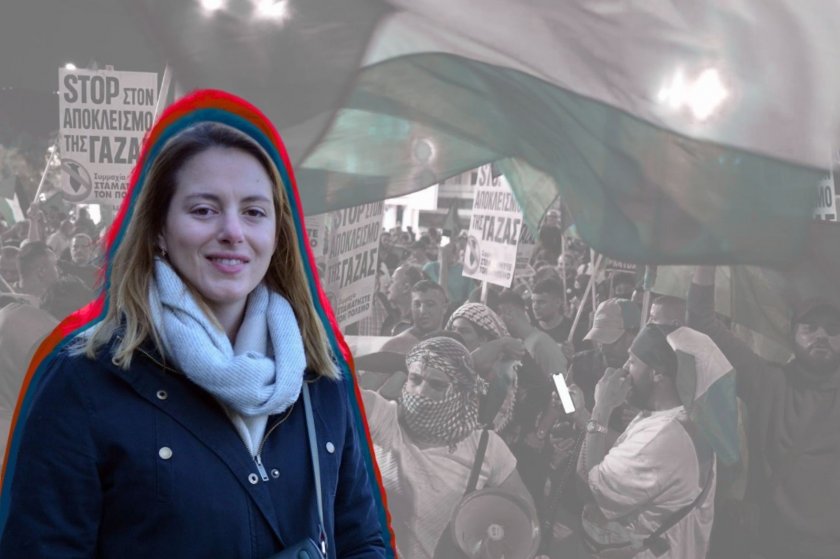Is Erdoğan trying to increase tension with the threat of a military operation?
Mesut Yeğen: Erdoğan is using Afrin, Syria and the Kurdish question in Turkey to increase tension, which in turn will benefit AKP-MHP coalition.

President Recep Tayyip Erdoğan described a new US-backed border force in northern Syria as “a terror army” and vowed to strangle it at birth.
The 30-thousand-strong force will have large numbers of Kurdish YPG fighters that played a significant role in the fight against ISIS and are a part of the US-supported Syrian Democratic Forces.
It is claimed that the border force is deployed on the Turkish border in the north, Iraqi border in the southeast and along the Euphrates valley that separates the SDF and the Assad forces supported by Russia and Iran.
The US announcement followed Erdoğan’s statement that Turkish forces were soon to have an operation against the Kurdish-controlled region of Afrin in northwest Syria and the town of Manbij.
Erdoğan said that a border force in Syria would target no one else but Turkey.
Last weekend Turkish army in the border town of Hatay fired mortars at Afrin.
Mesut Yeğen, a sociology professor at Istanbul Sehir University says an operation on Afrin city centre is not expected as the political and military costs will be very high; that Erdoğan’s statement is orientated towards an election, “using Afrin and Syria and the Kurdish question in Turkey to increase tension, which in turn will benefit AKP-MHP (National Peoples Party) block.”
Yeğen said, “As the cost would be too high, Turkish politicians and military will not attempt such an undertaking. There is also the recent experience of the previous operation, Euphrates Shield, in front of us. There, despite the help of the Free Syrian Army, the operation lasted for months and resistance was less than Afrin. Therefore, I do not think there will be an operation targeting Afrin city centre.”
In response to the question of “Why are operation threats being made?” Yeğen said, “There are several reasons. First, there is probably a problem in the Idlib (the Syrian province under Jihadist control) deal with Russia. The situation seems to have worsened there hence the government’s attempt to address the area. Last we heard - if correct - TEV-DEM (a coalition of Syrian Kurdish political parties which is the de facto governing power in the autonomous areas in northern Syria) is invited to Sochi. So, maybe the government wants to intervene there. Another possibility is an impending election; especially considering Erdoğan’s recent speeches in cities he visited. Perhaps it is consideration that increasing tensions over Afrin, Syria as well as over the Kurdish issue in Turkey will benefit the AKP-MHP block in an election.
Yeğen, emphasising that Afrin is not a threat to the people of Turkey, continues: “However, when we look at the Turkish state perception of threat, yes it poses a threat; there already is a Kurdistan on the south of the border of Iraq. There isn’t any tolerance for a Kurdistan on the Syrian side. Turkey has long assessed threat as follows: US wants to establish a Kurdistan that extends from Afrin to Southern Kurdistan, that is to say all the way to Haseke… the accuracy of this assessment is a different matter of debate; Turkey sees the matter as such. Turkey essentially wants to prevent this and has blocked it right now. What Turkey does - or wants to do - from now could be considered attempts to prevent a revival of the Kurdish issue in Turkey. Rojava is not important in isolation; it is an unbearable place in terms of the moral support it gives to Kurds in Iraq and Turkey.
{{343408}}
Forwarding to the next article...
10 seconds remaining





Follow Evrensel